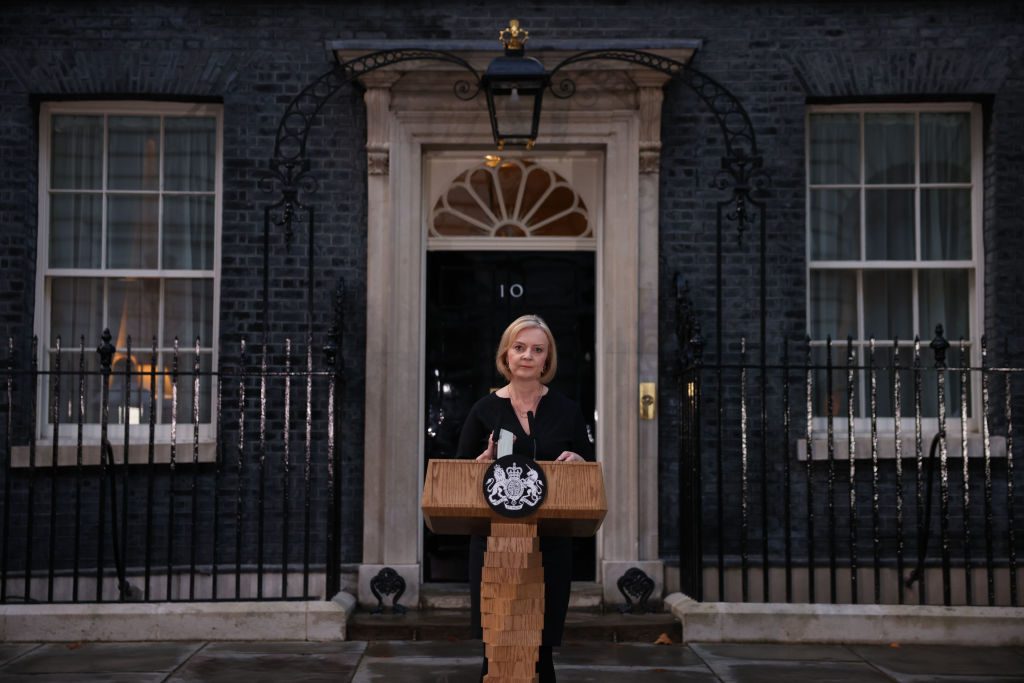As politics resumes, a cold winter is closing in on Truss’ free market plans

It was certainly not the first fortnight which Liz Truss could have predicted on becoming prime minister. She will have had plans and ambitions to hit the ground running, and everything was derailed by the death of the sovereign within 48 hours of her accepting her new office and beginning to form a government. She is certainly the first premier to be appointed by one monarch and then formally to take office as First Lord of the Treasury under another.
The ceremony and solemn pageantry has drawn to a close now, however, and, improbable as it may seem, normal service will be resumed. Except that “normal” is not quite the mot juste: the UK faces an autumn and winter of difficult political circumstances and difficult policy choices, and it will take all the new prime minister’s deftness and agility to find a way through.
The most pressing issue is the crisis in energy costs. Households and businesses are facing bills which have risen by unsustainable orders of magnitude, and, after some dithering during the leadership campaign as free-market principles butted heads with political reality, Truss has announced an Energy Price Guarantee which caps the amount which suppliers can charge for each unit of energy. This scheme, which will last for two years, will make a real difference: the average household will not pay more than £2,500 for its annual bill, while the total without intervention would have been more than £3,500.
It remains to be seen if this is enough. While households have two years of relief, businesses are to receive help only for six months under present plans. Additionally, there is no dedicated financial support for the least well off, and many may still suffer serious hardship this winter even with increases in fuel costs capped. In fairness, the government announced the bare bones of the scheme just before the death of Queen Elizabeth, but scrutiny will resume this week.
One enormous challenge is the likely costs of the guarantee scheme. The prime minister has not put a figure on it but it may be of the order of £150bn. When you consider that annual government spending is around £1tn, this is a significant additional outgoing. The new administration plans to fund this through additional borrowing, and Truss has seemingly set her face against the idea of a windfall tax on the energy industry to help balance the books. The EU has just introduced such a levy and will raise around £120bn: that must be food for thought even for our passionate laissez-faire prime minister.
The new chancellor, Kwasi Kwarteng, is expected to deliver a “mini-budget” this week. He will likely give more detail on the cost of the energy scheme as well as unveiling other economic measures to demonstrate, as Truss maintained throughout her leadership campaign, that recession is not inevitable. We are likely to see the rise in National Insurance scrapped, and green levies on energy bills will probably fall to the Treasury’s sword too, regarded as politically unsustainable.
But the mood music from Number 11 Downing Street has been extraordinary, as the policy which has bobbed to the surface again and again has been abolishing the 2014 cap on bankers’ bonuses. Both the chancellor and the prime minister are committed to the free market, and the idea is that scrapping the measure, which was introduced across the EU as a response to the global financial crisis, will give London as a financial centre a competitive advantage in attracting people and business. That logic is robust enough, at least in principle, but the optics are, to say the least, challenging.
Although the underlying reality is rather more complicated, the Conservative Party has been hammered in recent years by accusations that it is out of touch with the majority of voters, committed to measures which benefit big business and high earners and indifferent to the issue of the cost of living. Kwarteng’s apparent determination to stand shoulder to shoulder with City financiers defies political logic. It can only make sense if it has an immediate and dramatic positive effect on the economy—and that seems optimistic at best.
No one envies Liz Truss the opening fortnight of her premiership. But reality is closing in very fast and the country is facing daunting challenges. To be blunt, she does not have long to demonstrate to the electorate that she is equal to these challenges and has the policy agenda to meet them swiftly and effectively. By the end of this week, we will have a better indication of her likelihood of success.